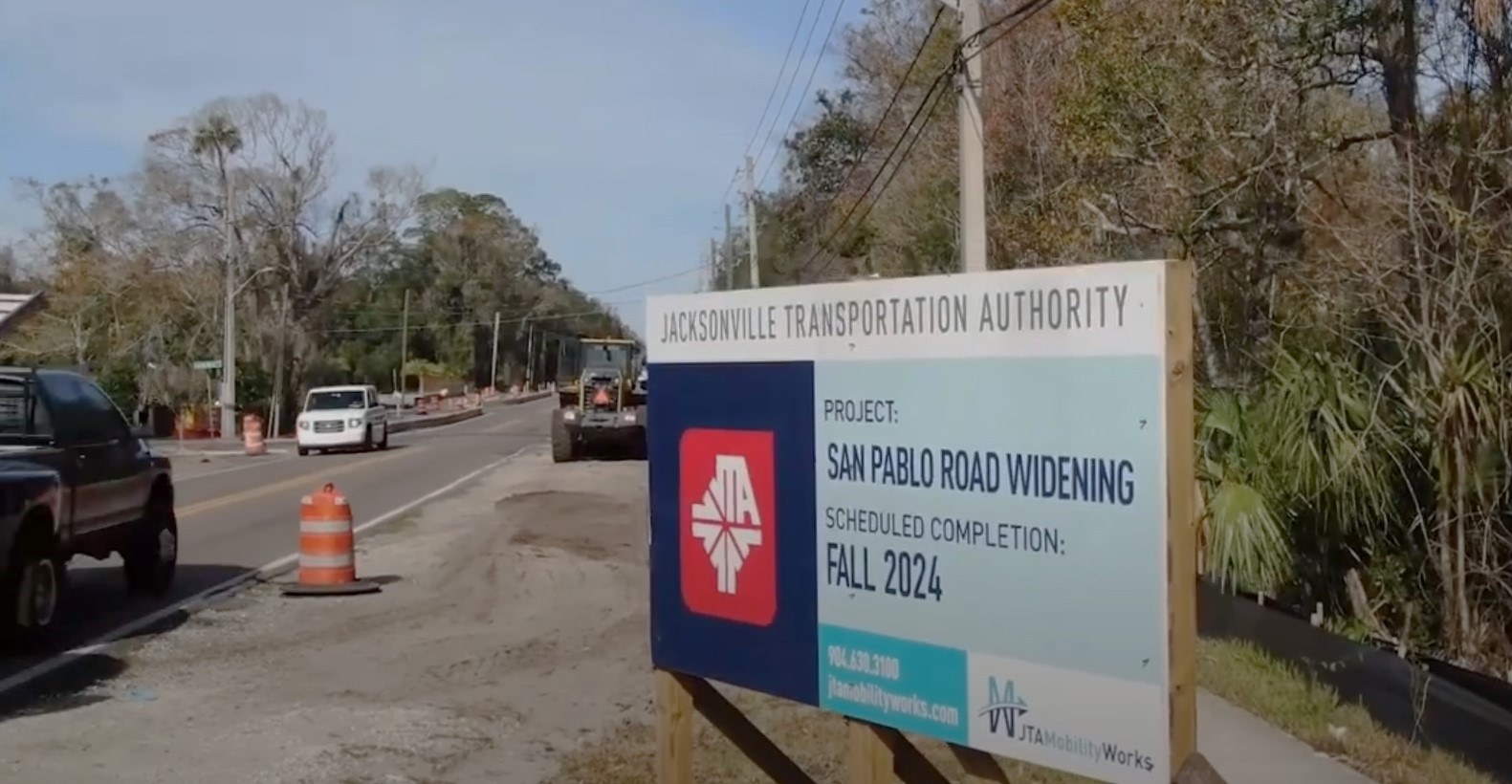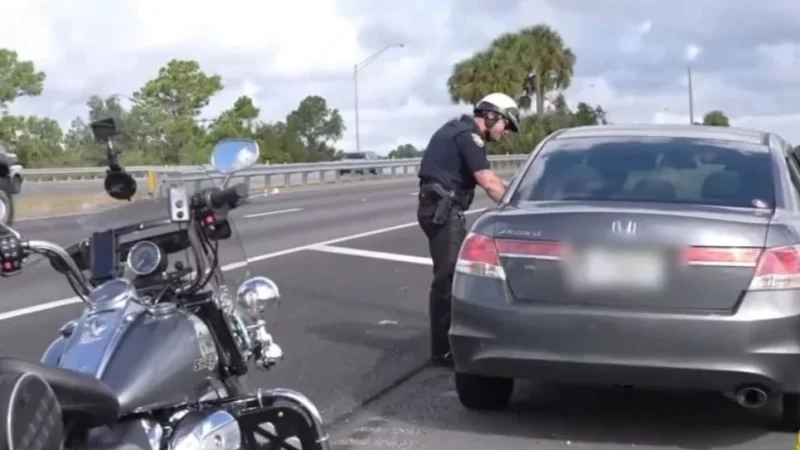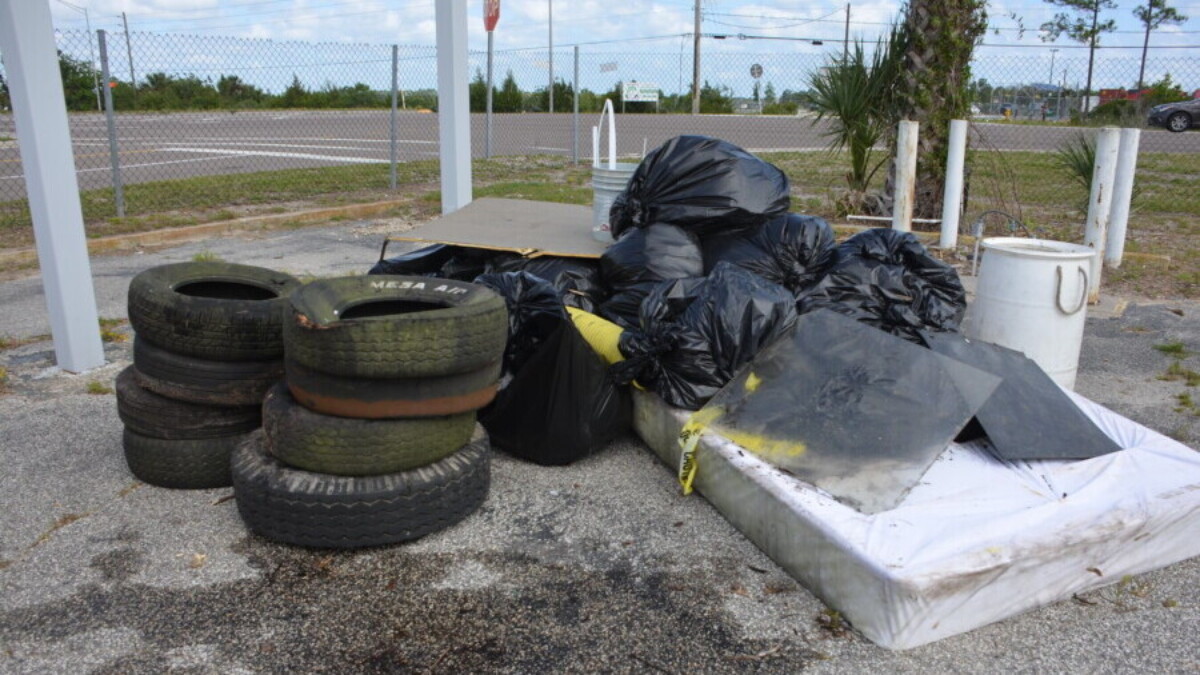Q: Jacksonville Today newsletter reader Elise P. has some concerns about an ongoing JTA MobilityWorks improvement project on San Pablo Road.
That $26 million project, the final MobilityWorks program, is turning two sections of the existing road from two lanes into a three-lane, divided road, from Beach Boulevard to Crystal Cove Lane and from Osprey Point Drive to Atlantic Boulevard. The sections will include raised medians, drainage systems, bike lanes, sidewalks, and storm water ponds.
Elise P. asks about the project’s use of machines, which she says run 24 hours a day, with no one on duty at night to supervise them.
“The air quality is stifling to me,” she wrote. “They are literally poisoning our air supply with carbon monoxide emissions…The worst part is I cannot figure out why they need to run them.”
“Is it legal to run these (machines) when the crew leaves the site for the day, literally left unattended until the next day?”
Elise P. said the contraptions appear to pull water from one place and put it down a city drain. They have been running non-stop since August 1st, she says.
In addition, she asked why non-potable water trucks are parked along the construction zone, appearing to be “intentionally disposing of whatever is in the giant chemical tank.”
“WHY? It smells foul and is also polluting the air and ground,” she wrote.
A: JTA spokesman John Finotti says the constantly running machines are vacuum pumps necessary due to the high water table caused by above-average rainfall earlier this summer, which has left areas of the road project “extremely saturated.”
“The pumps in question are connected to ‘well-points’ that temporarily remove groundwater from the immediate area, allowing the contractor to excavate, install the pipe, and backfill with good soil,” Finotti responded in a written statement. “The groundwater is redirected into the stormwater system to percolate back into the ground. If the pumps do not run continuously, the area will not be established to allow proper drainage pipe installation.”
Finotti said the “dewatering” is temporary. Once the pipe segment is installed, the equipment is moved to the next section.
As for the non-potable water trucks, Florida Department of Transportation spokesman Hampton Ray says that the trucks are routinely used to hold down dust at construction projects. The water in the tanks comes from drainage ponds.
“While the water would not be appropriate for drinking or cooking, FDOT constructs stormwater systems to remove oil and sediment from the runoff, effectively treating the water to filter and mitigate its impact from impervious surfaces,” Ray says. “Materials at the bottom of stormwater ponds assist in the filtering process. State regulations require the water leaving the pond be at the same quality as the body of water it will flow into and/or to ensure the water is treated before it seeps into the surrounding earth.”
Lead photo: JTA
Have a question you’d like the Jacksonville Today team to look into? Email news@jaxtoday.org with #AskJAXTDY in the subject line, and you might see your answer soon.







